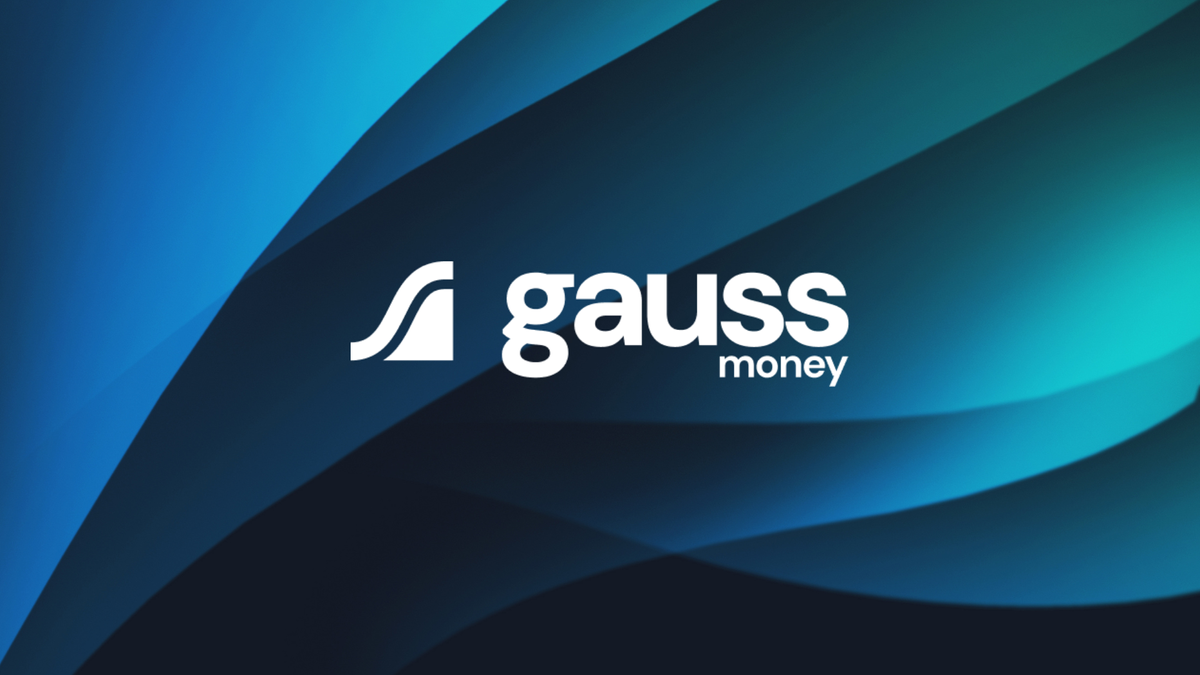Pros and cons of an FHA loan

An FHA loan is a mortgage that is insured by the Federal Housing Administration (FHA). It is a popular loan option for homebuyers due to its low down payment, flexible credit requirements, and more lenient income requirements. While an FHA loan can be a great option for many homebuyers, it is important to understand both the pros and cons before committing to this loan type. There are many advantages to an FHA loan, such as a low down payment, flexible credit requirements, and more lenient income requirements, however, there are also some possible drawbacks that should be considered. In this article, we will discuss the pros and cons of an FHA loan and help you determine if it is the right option for you.
What is an FHA loan?
An FHA loan is a mortgage loan that is insured by the Federal Housing Administration (FHA). The FHA backs these loans and allows homebuyers to borrow money at a lower interest rate and with less money down than traditional loans. Before the 2008 housing crisis and subsequent economic recession, FHA loans were not nearly as popular as they are today. Due to tighter regulations, stricter guidelines, and a general decline in the housing market, the FHA loan has become a more attractive option for many homebuyers. The FHA allows homebuyers to be eligible for a mortgage with as little as 3.5% down on a single-family home or 10% on a condominium. There are also less stringent credit score and income requirements compared to a conventional loan.
Pros of an FHA loan
There are many advantages to an FHA loan, such as a low down payment, flexible credit requirements, and more lenient income requirements, however, there are also some possible drawbacks that should be considered. Let’s take a look at the pros of an FHA loan.
Low down payment
One of the biggest advantages to an FHA loan is that it allows a down payment of only 3.5% on a single-family home or 10% on a condominium. This is a significantly lower down payment than a conventional loan, which can be helpful to some buyers.
Credit score requirements
FHA loans have less stringent credit score requirements than conventional loans, which can be helpful to some buyers. However, keep in mind that the credit score requirements on an FHA loan are not as lenient as a traditional subprime loan.
Loan term length
Another advantage to an FHA loan is that it allows for a longer loan term length than conventional loans.
Loan amount
One of the biggest advantages to an FHA loan is that the loan amount is higher than with a conventional loan. e. Interest rates - Some lenders may offer an FHA loan at a lower interest rate than a conventional loan.
Cons of an FHA loan
Mortgage insurance premiums
The first disadvantage to an FHA loan is that the borrower will be required to pay monthly mortgage insurance premiums (MIP) until the loan amount is reduced to 78% of the home’s appraised value. These monthly premiums will add to the balance of the loan and must be paid each month until the loan is paid in full. This can be costly for the borrower.
Loan limits
Another disadvantage to an FHA loan is that there are limits on the loan amount. These limits are determined by geographic location, property type, and loan terms. If a homebuyer wants to purchase a home that is outside of these limits, they may not be able to use an FHA loan.
Limitations to buyers
One of the biggest disadvantages to an FHA loan is that it has several limitations on the type of buyer that can use it. For example, the homebuyer cannot have any recent bankruptcies, foreclosures, or other serious delinquencies on their credit report in the past two years. It is also important to note that if a homebuyer has minor delinquencies, such as a collections account or even a medical bill, they cannot use an FHA loan.
Property Requirements
Another disadvantage to an FHA loan is that the type of property that the homebuyer wants to purchase must meet the FHA’s requirements. The FHA requires the home to have an appraisal that is less than 90 days old. It is also important to note that the property must be a single-family home or a condominium that is attached to other units.
Is an FHA loan right for you?
An FHA loan is a great option for many homebuyers. It can be helpful for buyers who don’t have a large down payment saved, have a less than perfect credit history, or those who want to purchase a more expensive property than they can afford with a conventional loan. However, before committing to an FHA loan, it is important to understand both the pros and cons. If an FHA loan is right for you, there are lenders that offer a streamlined process that can help get you approved and on your way to homeownership as quickly as possible.
